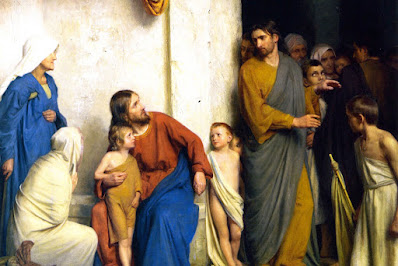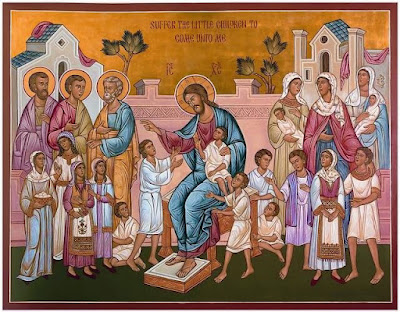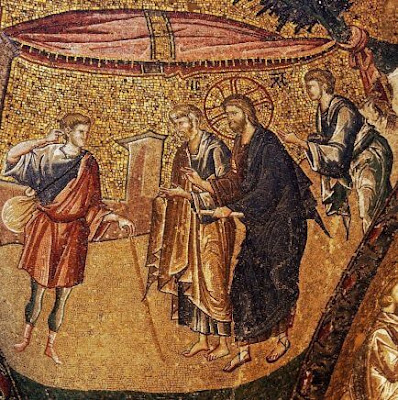Reflection for the 26th Sunday in Ordinary Time, Year B

Fr. Charles Irvin Numbers 11:25-29; James 5:1-6; Mark 9:38-43, 45, 47-48 Who’s in, and who’s out? That’s a question that cuts through so many areas in our lives these days especially in this political season. Here are a few for instance: What do the opinion polls tell us about the standings of those who are running for the presidency of the United States? Who’s in, and who’s out? How should we treat undocumented aliens? What benefits of U.S. citizenship should they enjoy, and what should they not be entitled to in our legal system and governmental social service programs? Who’s in, and who’s out? Which student applicants should be admitted and which should not be admitted to our public universities and what criteria should be applied to them? Some Catholics are busily concerned with “Who is a real Catholic and who is not?” Some Fundamentalist Christians are busily concerned with “Who is going to hell and who’s going to be saved?” Who’s “in” and who’s “out”? We hear si




